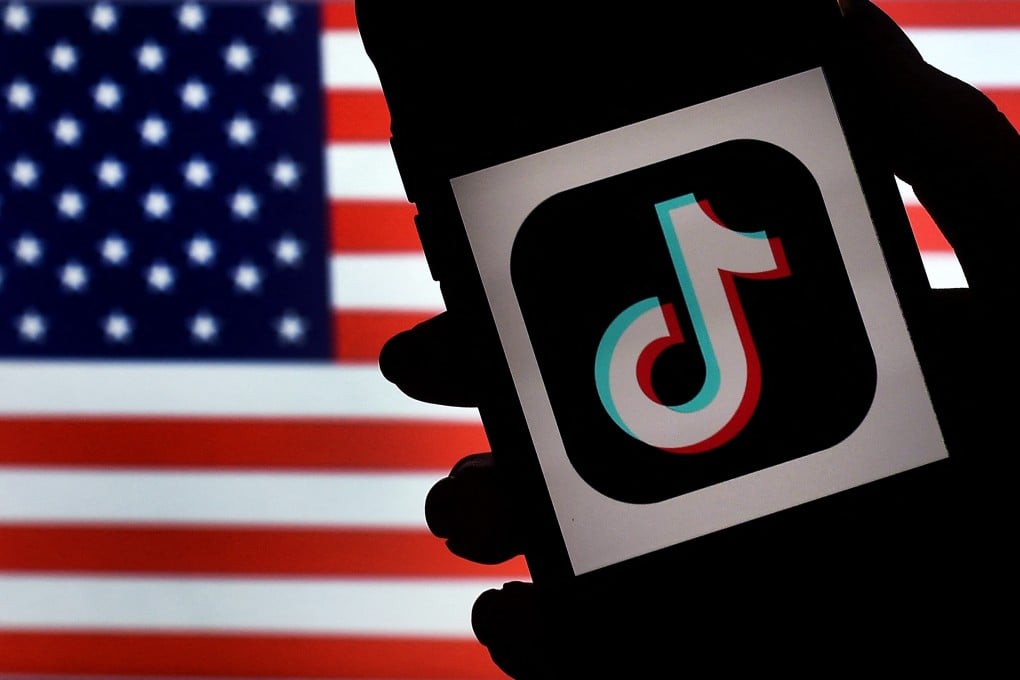At US Supreme Court, TikTok’s pleas to honour free speech are met with scepticism
But observers split on whether a ‘dark day’ for 170 million American users looms or a preliminary injunction to delay the ruling is coming

At the heart of the debate was whether a government-imposed, sell-or-ban measure would be a disproportionate response, potentially infringing on free speech, or if the risks posed by data security and foreign influence justified such a sweeping move.

Chief Justice John Roberts and Associate Justice Clarence Thomas, for instance, suggested the law was aimed at ByteDance as a non-American entity, not TikTok. Roberts said Congress cared not about TikTok’s content but who owns the company.
Associate Justice Brett Kavanaugh asked about the risk of the Chinese government using Americans’ data to “develop spies, turn people, blackmail people”.